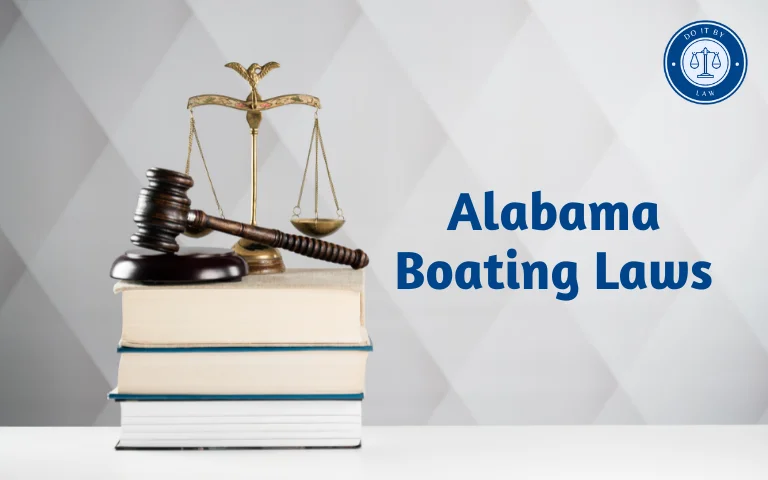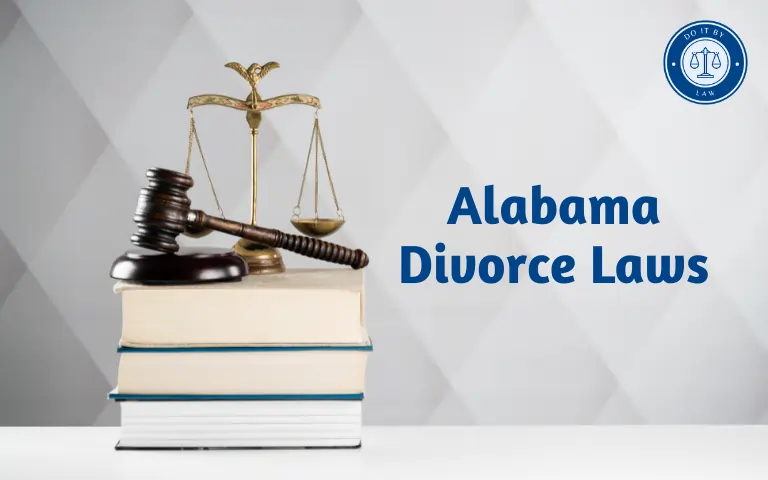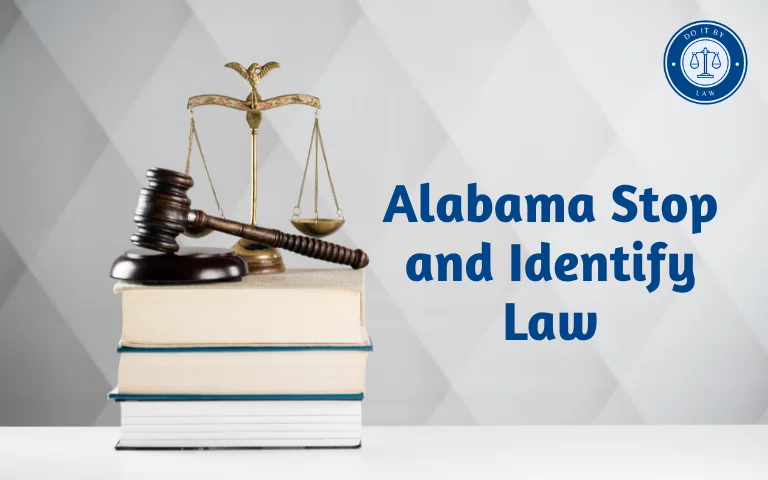Alabama Boating Laws: What You Need to Know
Alabama abundance of rivers, lakes, and coastal waters makes it a premier boating state. But enjoying Alabama waterways also means adhering to certain boating laws and regulations. This in-depth guide covers everything you need to know about Alabama boating laws – from required licenses to equipment rules, intoxication statutes, penalties, and more. Understanding your legal responsibilities on Alabama waters will ensure smooth sailing and safe, enjoyable boating.
When Were Alabama Core Boating Laws Enacted?
Alabama first began passing laws regulating boats and boating activity in the early 20th century. Some key legislative milestones include:
- 1903 – First life jacket requirements enacted
- 1952 – Statewide boat registration system implemented
- 1962 – Mandatory boater education rules introduced
- 1975 – Codification of major boating laws under the Alabama Boating Safety Act
- 1979 – Enactment of open container restrictions and BUI statutes
- 2005 – Mandatory boater education age lowered from 12 years to 8 years
So while boating laws have evolved over the past century, the backbone of Alabama’s current boating statutes came into effect with the Boating Safety Act in the 1970s. This established equipment regulations, registration, education standards, and other fundamental statewide rules.
Why Does Alabama Regulate Boating?
There are several reasons Alabama has enacted boating laws and regulations:
- Improve boating safety and reduce accidents
- Establish norms and standards for boating conduct
- Regulate environmental impacts of boats
- Allow identification of vessels through registration
- Set expectations for boating under the influence
- Provide funding for waterway maintenance
- Standardize requirements for boating at certain ages
Fundamentally, Alabama boating laws aim to increase enjoyment and safety on the water while also managing environmental impacts. Boating regulations allow the state to oversee the proper operation of watercraft and discipline unsafe behaviors that endanger others.
Who Do Alabama Boating Laws Apply To?
Alabama boating statutes and regulations apply to:
- All motorized and non-motorized watercraft operators in Alabama waters
- All passengers on vessels
- Any temporary visitors boating in the state
- All Alabama residents who boat within state boundaries
- Owners of registered boats in Alabama
- Boat dealers and rental companies
The only exception would be federal vessels like military ships, which abide by national maritime laws rather than state ones while in Alabama waters. Otherwise, anyone operating any type of boat in Alabama falls under the jurisdiction of the state’s boating laws.
Key Components of Alabama Boating Laws
Some of the main regulatory components of Alabama boating laws include:
- Boating Licenses:- Anyone 15 years and younger must complete an approved boating safety course and carry a license to operate solo.
- Boat Registration:- Motorized boats must be registered with the name/address of the owner and display proper identification numbers.
- Equipment Requirements:- Life jackets, throwable flotation devices, fire extinguishers, and other safety equipment must be onboard.
- Waterway Markers:- Boats must obey regulatory, hazard, and navigational markers (buoys, beacons, signs).
- Speed and Distance:- Certain speed limits and proximity rules apply in designated zones or conditions.
- Intoxication Laws:- Boating under the influence has a 0.08% blood alcohol limit with strict penalties for violations.
- Accident Reporting:- Leave no wake zones, all vessels, and persons must be reported immediately.
These represent some of the major rules and regulations governing boating in Alabama. Various agencies like the Alabama Law Enforcement Agency Marine Patrol Division enforce these statutes.
Penalties for Violating Alabama Boating Laws
Violating Alabama boating laws can result in civil penalties or criminal charges depending on severity:
- Minor equipment violations – Citations up to $200
- Registration issues – Up to $500 fines
- Speeding/recklessness – Fines $250+, jail up to 1 year
- BUIs – Fines to $2000+, jail up to 1 year, license suspension
- Accidents w/injury/death – Felony charges, jail up to 10+ years
Factors like prior offenses, cooperativeness, intent, and more can influence the penalty. Serious offenses can lead to boat impoundment, loss of boating privileges, and significant fines and jail time.
Recent Changes and Proposals to Alabama Boating Laws
Some recent updates and proposed changes to Alabama boating laws include:
- 2016 – Increased penalties for BUIs and repeat offenders
- 2019 – Proposed expanding mandatory education to all motorboat operators but failed
- 2020 – New regulations on lake use permits at certain reservoirs
- 2021 – Proposed improving training on drunk boating dangers but stalled
- 2022 – Removed prior exemptions for kayaks and canoes to require safety equipment
- 2023 – Introduced bill to strengthen penalties for reckless operation and speeding
So in recent years, Alabama has aimed to address issues around intoxicated boating and increase safety requirements for smaller watercraft previously exempt from certain rules. Efforts continue to update and strengthen statutes.
Controversies and Issues With Alabama Boating Laws
Some areas of debate and controversy persist around Alabama boating laws:
- Insufficient penalties for serious accidents and fatalities
- Enforcement funding limitations make policing waterways a challenge
- Inconsistent boater education quality between various programs
- License reciprocity issues with neighboring states like Florida
- High cost of mandated safety equipment prices some boaters out
- Lack of clarity around operating personal watercraft like jet skis
- Reporting exemptions for minor accidents reduces data collection
Overall, Alabama boating rules aim to strike a balance between safety, accessibility, and education. Ongoing disputes center on improving enforcement capabilities and strengthening certain regulations.
Frequently Asked Questions About Alabama Boating Laws
Here are some common FAQs about boating laws and regulations in Alabama:
Conclusion
Alabama’s longstanding boating laws establish key requirements and regulations to promote safety on state waterways. Understanding license rules, equipment mandates, intoxication statutes, and other components ensures all vessels operate legally and responsibly.
Completing the required education demonstrates a commitment to skill development on Alabama’s beautiful lakes, rivers, and coastal waters. When everyone adheres to regulations, Alabama boaters can continue enjoying recreational boating for generations to come.







